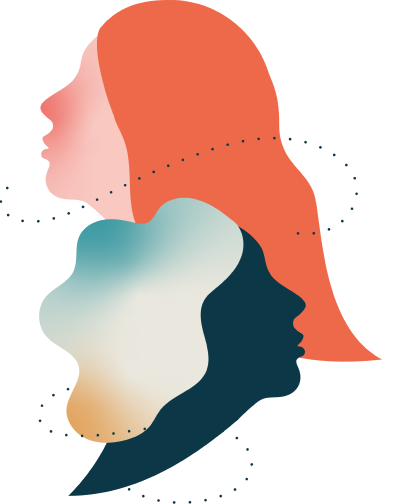Menopause shows up in different ways. Understand how different symptoms might be impacting you.
Treatments and Symptoms
Weight Changes
What it feels like
Gaining weight or shifting weight, primarily in the abdominal area and most often without any change in diet or movement routines; unexplained weight loss is less common but can occur, too
Why it happens
As we age, we lose muscle mass, and with it the higher metabolism that burns more calories. Sleep disturbances can impair metabolism, increase the production of cortisol, which promotes fat storage, and alter hunger and satiety hormones. On top of all that, hormones help dictate where weight gets distributed, and in midlife, more of it tends to settle on the belly. Consequently, the same diet and movement routines may no longer have the same effect, and losing weight may be more difficult than it once was. A gain of 10 to 15 pounds during the menopause transition is typical (and may have some protective benefit).
According to the 200,000 respondents who have taken our Menopause Assessment:
65%
experience weight changes (gain or loss) in menopause
83%
said the weight changes negatively affect their quality of life in a significant way
5 to 10 years
Is the average length of time during which women experience weight changes
Get Started
Fast virtual menopause relief
Convenient access to expert care when you need it, on your schedule.
Learn about other symptoms

In-Person Care
Looking for an in-person OBGYN?
Visit our online scheduler, Lodus Health. There you can access 2,700+ independent, affiliated providers who deliver comprehensive women's health services.
Get Care

